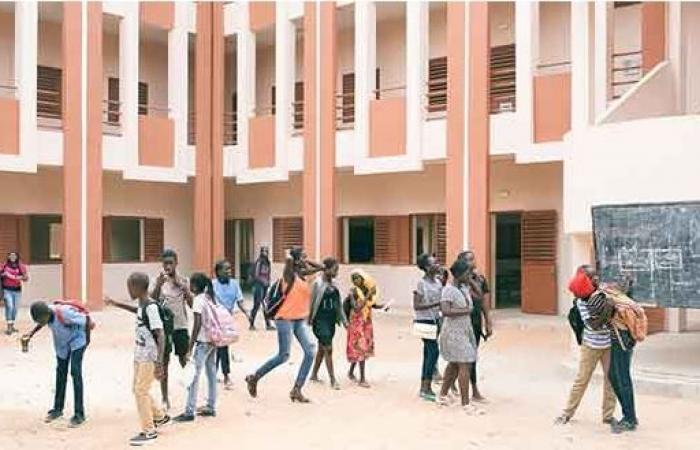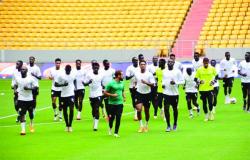Parents do not occupy the place and rank that should be theirs in the design and implementation of educational policies in Senegal. They are placed by the State of Senegal behind the donors who, however, invest less in the education of the children of Senegal than the parents. This is the opinion of Dr Ibrahima Giroux, teacher-researcher at Gaston Berger University in Saint-Louis. By Abdoulaye KAMARA –
Several public education policies have been tested in Senegal. Most did not produce the expected results.
The cases of failure are attributable to the place that the State of Senegal gives to parents in the design and implementation of said policies. This is the sentence pronounced by Dr Ibrahima Giroux, teacher-researcher at the Ufr of education, training and sport sciences at Gaston Berger University in Saint-Louis.
He gives this advice to the state authorities in charge of National Education: “If we want to repair the errors made in the design and implementation of public policies in education, we must start by respecting the Senegalese family, by respect the Senegalese parent. Respect in the sense that we consider the parent as the first partner of the State of Senegal. Because the Senegalese parent spends more than the World Bank and all partners combined on education. We had to give 4 times more respect to parents than we give to partners. By considering them not as beneficiaries, but as what they are, that is to say partners. They are the ones who spend the most after state spending.” Mr. Giroux, Managing Director of the Educhance Coaching firm, was in Bonconto (Vélingara department), last Tuesday and Wednesday, to participate in the training of instructors for community preschool classes initiated by the Municipal Council. How to go about it in practice? Dr Giroux teaches: “From an operational point of view, in future reforms of the education system, the State must invest in dialogue. And this is where local authorities come into play. We need to discuss the new Senegalese educational project with the communities. How do you want the Senegalese child to be educated so that it is not just a question of specialists? It is also a question of sovereignty, and sovereignty belongs to the People.
We must take the time to discuss with the Senegalese people and hear them about their vision of education. The people interviewed will talk about values, about education in careers to earn a living, they will talk about vital things to educate children.” But what are we doing in classrooms right now? Dr. Giroux responds: “We have put disciplines that have no meaning in the lives of our children.” And then to propose: “local authorities are best placed to initiate this dialogue, already to hear Senegalese parents, to integrate families, particularly in preschool, not only in governance but also in the implementation of activities . We must manage to “de-sophisticate” preschool programs. Our preschool is super sophisticated, we think it’s almost a university program, it’s so sophisticated. We must move in the direction of streamlining the preschool program. At preschool, it’s not about making Einsteins, it’s about trying to make children want to, to make them like school, we are in the emotional dimensions, in the patriotic dimensions, to build the foundations of citizenship,” he said bluntly.






